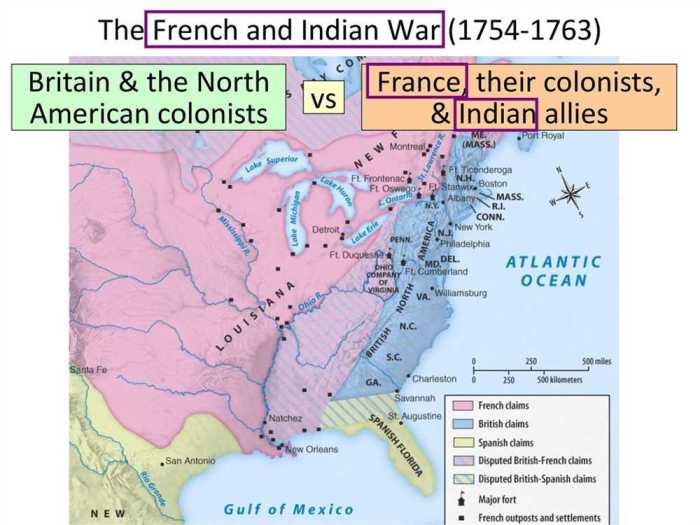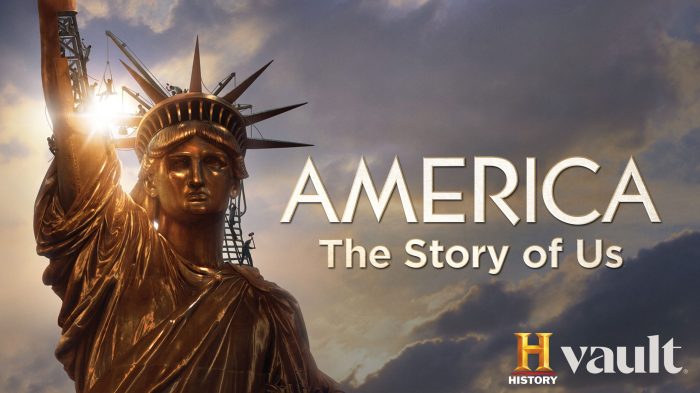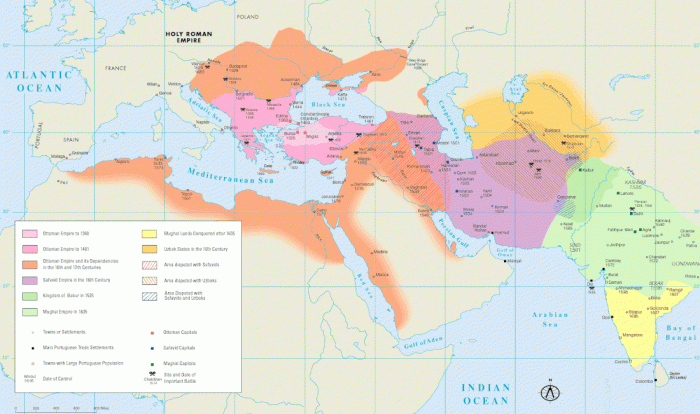War of 1812 dbq answer key – Embark on a journey through the War of 1812 with our comprehensive answer key! This guide will illuminate the causes, major events, and lasting impact of this pivotal conflict. Get ready to delve into the intricacies of Anglo-American relations and witness the birth of a nation’s identity.
From the contentious issue of impressment to the pivotal Battle of New Orleans, we’ll explore the key events that shaped the war. Along the way, we’ll uncover the grievances that fueled the conflict and the terms that brought it to an end.
Causes of the War of 1812: War Of 1812 Dbq Answer Key
The War of 1812 was a conflict between the United States and Great Britain that lasted from 1812 to 1815. There were several factors that contributed to the outbreak of the war, including British impressment of American sailors, the role of the War Hawks in pushing for war, and a series of grievances against Great Britain.
British Impressment of American Sailors
One of the major causes of the War of 1812 was the British practice of impressment. Impressment is the forced recruitment of individuals into military service, typically the navy. During the Napoleonic Wars, the Royal Navy routinely stopped American ships and seized sailors they believed were British subjects.
This practice angered many Americans, who saw it as a violation of their sovereignty.
The Role of the War Hawks
The War Hawks were a group of young, ambitious politicians who pushed for war with Great Britain. They believed that war would allow the United States to expand its territory and increase its prestige. The War Hawks were particularly influential in the lead-up to the war, and their rhetoric helped to create a climate of support for war among the American public.
Grievances Against Great Britain
In addition to impressment, there were a number of other grievances that the United States had against Great Britain. These included British support for Native American tribes that were fighting against American expansion, British interference with American trade, and British restrictions on American access to the Mississippi River.
Major Events of the War
The War of 1812 was a pivotal conflict in American history, marked by several key battles and events that shaped its course and outcome.
Delving into the complexities of the War of 1812, it’s crucial to consult reliable sources like DBQ answer keys. For a refreshing break, consider exploring the adventures of Tom and Huck in “Tom and Huck’s River Blast” here . Immerse yourself in their thrilling escapades, then return to unraveling the historical significance of the War of 1812 through DBQ analysis.
Timeline of Key Battles and Events, War of 1812 dbq answer key
- 1812:War declared by the United States; Battle of Tippecanoe
- 1813:Battle of York (Toronto); Battle of the Thames
- 1814:Battle of Horseshoe Bend; Burning of Washington, D.C.; Battle of Baltimore
- 1815:Battle of New Orleans; Treaty of Ghent signed
Battle of New Orleans
The Battle of New Orleans, fought on January 8, 1815, was a decisive American victory that ended the War of 1812. Led by General Andrew Jackson, the American forces repelled a British invasion attempt, inflicting heavy casualties on the British.
The battle had significant consequences. It boosted American morale, strengthened the country’s position in the postwar negotiations, and solidified Jackson’s reputation as a military hero.
Burning of Washington, D.C.
In August 1814, British forces captured Washington, D.C., and burned several government buildings, including the White House and the Capitol. The burning was a symbolic act of retaliation for the American burning of York (Toronto) in 1813.
The event caused outrage in the United States and further fueled the war effort. It also led to the construction of more permanent and fire-resistant government buildings in Washington.
Treaty of Ghent and the End of the War

The Treaty of Ghent was signed on December 24, 1814, in Ghent, Belgium, between the United States and Great Britain. It ended the War of 1812.
The terms of the treaty included the following:
- The boundaries between the United States and Canada were restored to their pre-war status.
- The United States agreed to stop supporting Native American tribes in their resistance to American expansion.
- Great Britain agreed to stop impressing American sailors into the Royal Navy.
- Both sides agreed to establish a commission to resolve outstanding boundary disputes.
Impact on Anglo-American Relations
The Treaty of Ghent had a significant impact on Anglo-American relations. The war had been a major source of tension between the two countries, and the treaty helped to resolve many of the issues that had caused it.
The treaty also helped to improve relations between the United States and Canada. The war had been fought partly over the issue of American expansion into Canadian territory, and the treaty’s restoration of the pre-war boundaries helped to ease tensions between the two countries.
Legacy of the War of 1812
The War of 1812 is often seen as a turning point in American history. It was the first war in which the United States fought as an independent nation, and it helped to establish the country as a major power on the world stage.
The war also had a significant impact on American identity. The war’s heroes, such as Andrew Jackson and Oliver Hazard Perry, became national symbols, and the war’s songs and stories became part of American folklore.
Impact of the War on the United States
The War of 1812 significantly impacted the United States, contributing to the development of a national identity and shaping American foreign policy.
Impact on American Nationalism
The war fostered a sense of national unity and pride among Americans. Victories such as the Battle of New Orleans and the Battle of Lake Erie boosted morale and gave Americans a renewed sense of confidence. The war also strengthened the bonds between different regions of the country and helped to create a common American identity.
Development of a National Identity
The war played a crucial role in the development of a national identity for the United States. The shared experiences of fighting and defending the country against a foreign power helped to unite Americans and create a sense of common purpose.
The war also led to the emergence of new national symbols, such as the Star-Spangled Banner, which became a symbol of American patriotism and unity.
Influence on American Foreign Policy
The War of 1812 had a profound impact on American foreign policy. The war taught Americans the importance of maintaining a strong military and of being prepared to defend their interests. It also led to a more assertive foreign policy, as the United States began to take a more active role in international affairs.
FAQ Explained
What were the primary causes of the War of 1812?
The war was primarily sparked by British impressment of American sailors and the War Hawks’ push for expansion.
What was the significance of the Battle of New Orleans?
The battle was a decisive American victory that boosted morale and solidified the country’s independence.
How did the war impact American nationalism?
The war fostered a sense of national unity and pride, contributing to the development of a distinct American identity.

